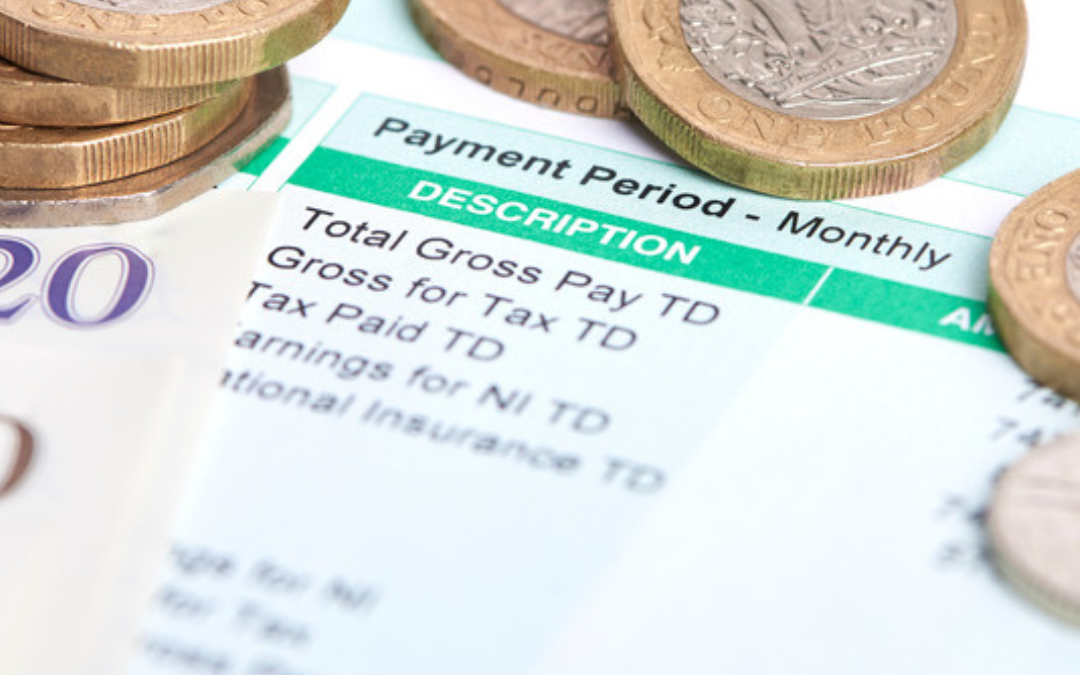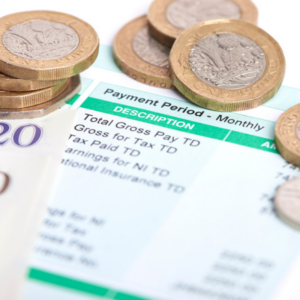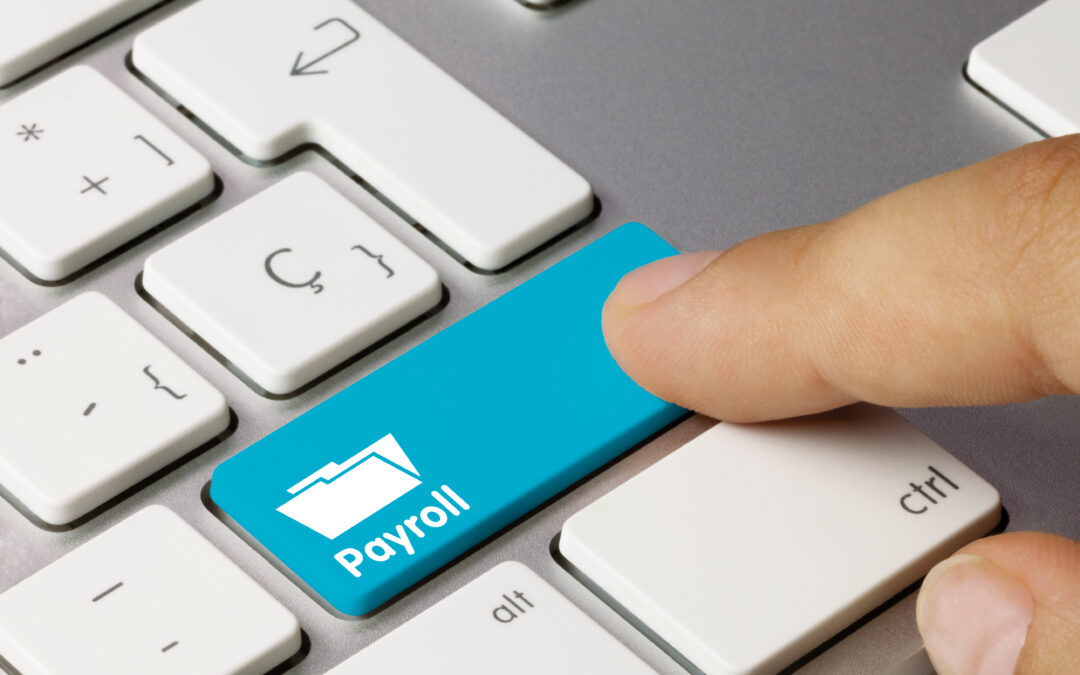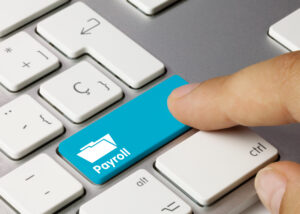Are you a business owner struggling to keep up with your financial records? Many business owners believe bookkeeping is just about recording numbers, but it’s actually a powerful tool for business growth.
A professional bookkeeper can provide financial clarity, organisation, and insights that will help you make better decisions, improve cash flow, and ultimately grow your business.
Here’s how hiring a bookkeeper can support your business success.
Gain control over your cash flow:
Cash flow is the lifeblood of any business, and without proper tracking, it’s easy to run into financial trouble. A small business bookkeeper ensures:
- Your income and expenses are accurately recorded;
- You always know where your business finances stand
- You can plan for future expenses and avoid cash shortages
When your business accounting is up to date, you can make data driven decisions with confidence.
Identify cost saving opportunities:
Are you overspending without realising it? Many business owners lose money on unnecessary costs without even knowing. A professional bookkeeper can help you:
- Spot unnecessary expenses or overpayments
- Reduce costs by analysing spending patterns
- Ensure you’re getting the best value from suppliers
Bookkeeping services help you cut waste, increase profits, and improve financial stability.
Keep your business finances organised:
Messy books lead to stress, confusion, and financial mistakes. A bookkeeping expert keeps everything organised, so you:
- Know exactly how much your business is earning and spending
- Never lose track of unpaid invoices or overdue payments
- Have accurate financial records for strategic decision making
With an efficient bookkeeping system, you can focus on business growth instead of financial stress.
Prepare for business growth and scaling:
Thinking about expanding? Whether you’re hiring more employees, investing in new tools, or launching a new product, scaling a business requires financial planning. A bookkeeper helps you:
- Determine if your revenue can support business expansion
- Plan budgets to allocate resources efficiently
- Build a strong financial foundation for long-term success
Growth requires stability, and outsourcing bookkeeping ensures your finances are structured for success.
Save time and boost productivity:
As a business owner, your time is valuable. Instead of spending hours on bookkeeping and financial management, why not let a professional handle it? With a bookkeeper, you can:
- Spend more time on sales and client relationships
- Focus on scaling your small business
- Reduce stress and avoid costly financial mistakes
By hiring a bookkeeper, you’re investing in your business’s efficiency and profitability.
Looking for professional bookkeeping services?
At Cactus Bookkeeping, we specialise in helping businesses stay financially organised and on track for success. We are now accepting new clients from April 2025!
Contact us today to book your spot and take control of your finances.














Recent Comments